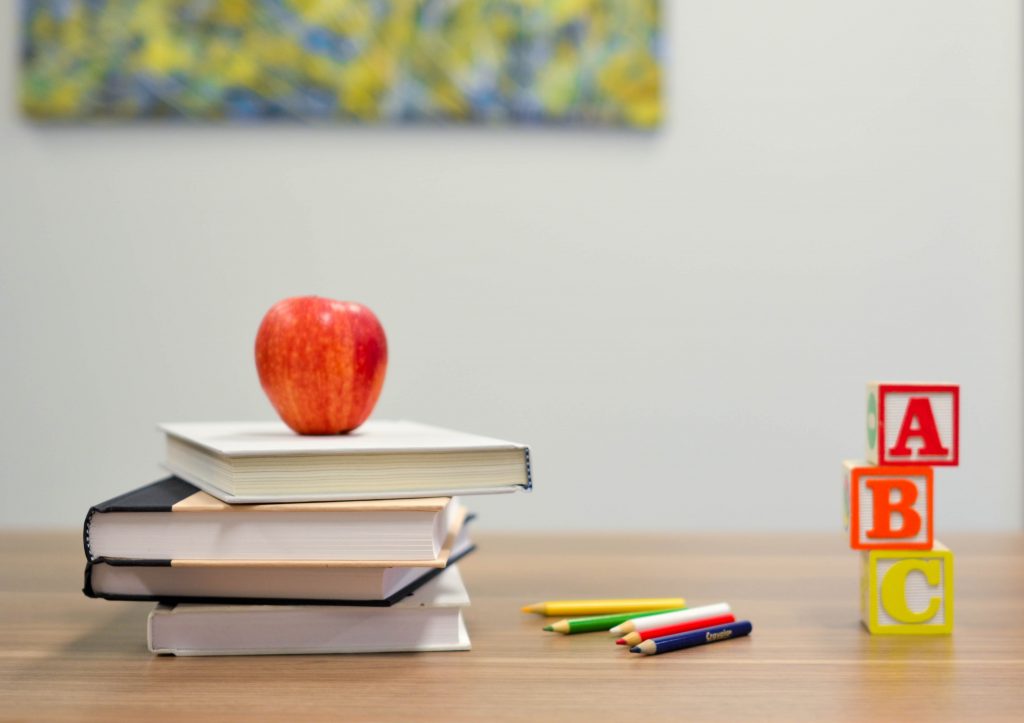Gender Stereotypes in Early Education
Breaking Gender Stereotypes in Early Education promotes equality in early childhood. This is important as research shows gender stereotypes impact the way we judge the abilities of young boys and girls.
What are gender Stereotypes?
Gender stereotypes are general views about the behaviors or roles men and women should posses. Gender stereotypes are harmful when they limit the ability of young people to explore their identity and grow as individuals.
Breaking Gender Stereotypes in Early Education contributes to better learning environments for young children and enables a children to develop into happy adults.
Learning Gender
Children start to develop an understanding of gender from a young age. In fact, you may have noticed your own child learning gender in these three stages:
- At about age two: Children start to see the physical differences between males and females
- Nearing their third birthday: Children can identify as male or female
- At the age of four: Children develop a personal sense of gender through social interactions, the family and school
At stage three, you may also notice your child say things like ‘that is a boy thing’, or ‘that is a girl thing’. This is an example of how Gender Stereotypes can be harmful because they limit boys and girls.
Healthy, Safe and Happy young learners are made when gender boundaries and broken. Educators can encourage this by promoting cross-gender play and embracing diverse learning communities where children, parents and educators feel safe.

The Importance of Gender Diversity at school
When families and teachers work together, all children can feel a sense of equality. Schools can achieve this by promoting a range of activities and toys among students and showing men and women in a wide range of jobs.
These are just some ways we can create positive early learning experiences. If you are interested in learning more about gender in early childhood education, come down to this free Children’s Week seminar for Educational professionals in celebration of Children’s Week 2019.


